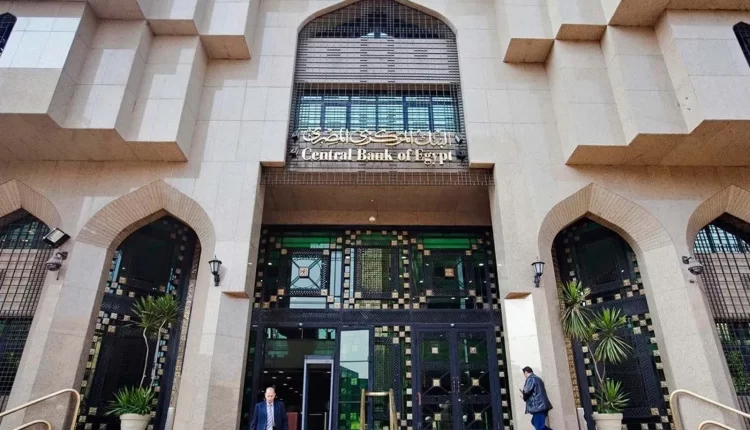«CBE»; The Banking Sector’s Contributions in Corporate Social Responsibility Reached EGP 2 Billion During 2023
Font size
Within the framework of the Central Bank of Egypt’s (CBE) proactive role in supporting the corporate social responsibility projects implemented by the banking sector to achieve the Sustainable Development Goals, and in alignment to Egypt’s Vision 2030, the CBE announced that the total contributions of the banking sector to social and developmental projects reached nearly EGP 2 billion in 2023. The contributions were directed towards enhancing the healthcare, education, and social welfare sectors, as well as reinforcing the development initiatives to enhance the society, under the Presidential Initiative “Decent Life” and the projects carried out by “Tahya Misr” Fund in the underprivileged areas, including; upgrading houses, providing households with water and electricity, improving schools and hospitals’ facilities, and implementing other national initiatives.
The Central Bank of Egypt highlighted that the largest share of these contributions was invested in the health and education sectors, with EGP 1.1 billion allocated to healthcare projects, while EGP 188 million targeted the improvement of education. Additionally, around EGP 274.3 million were directed towards enhancing community welfare, as well as EGP 21.3 million to support development in rural governorates and slums. Furthermore, the banking sector assigned around EGP 57.4 million and EGP 27.3 million towards empowering the differently-abled and women, respectively.
In the same context, the Egyptian banks dedicated EGP 22.8 million to support entrepreneurship, and Small and Medium Enterprises (SMEs), EGP 29.5 million to endorse environmental ventures, and EGP 30.8 million to carry out projects within the fields of sports, arts, and culture, in addition to other contributions to support community initiatives.
The Central Bank of Egypt reiterated that the banking sector will maintain its proactive strides to support national initiatives aimed at helping the most vulnerable segments, and improving society. The CBE’s unwavering efforts are driven by the significance of corporate social responsibility, as well as its keenness to enhance the integration with all state entities to achieve sustainable development, and improve citizens’ standard of living, especially in rural and other remote areas.











